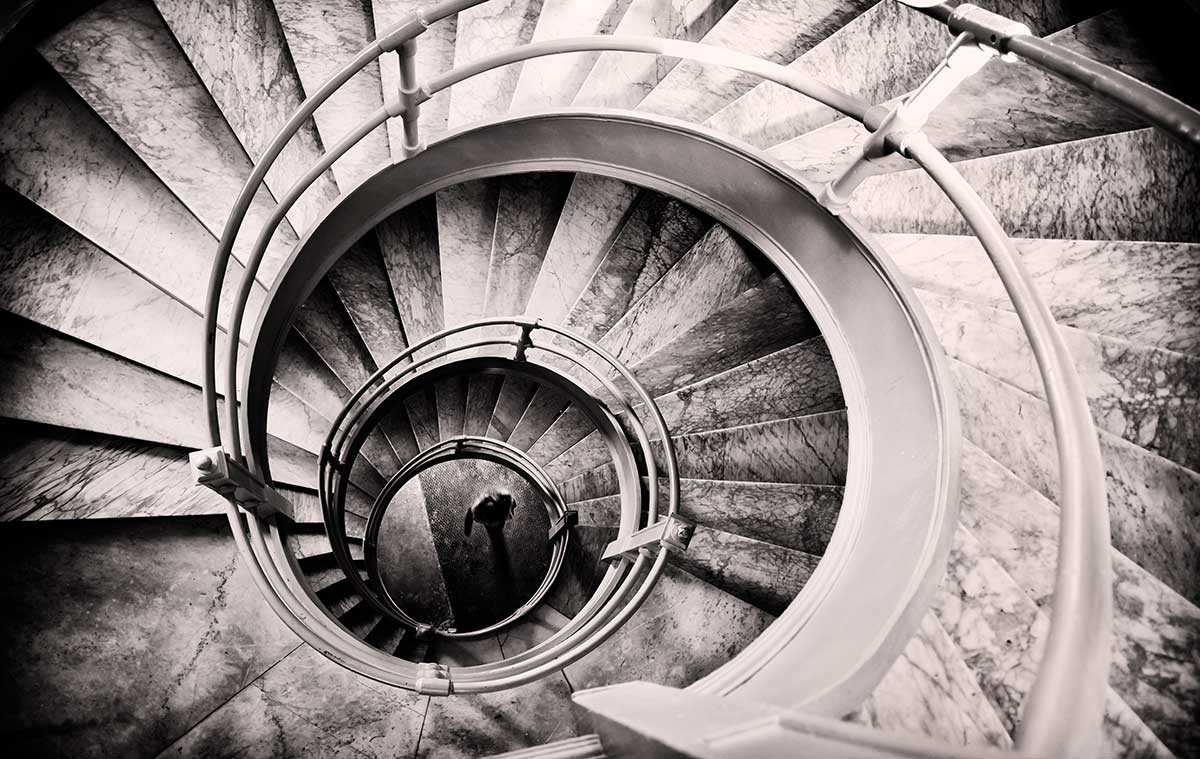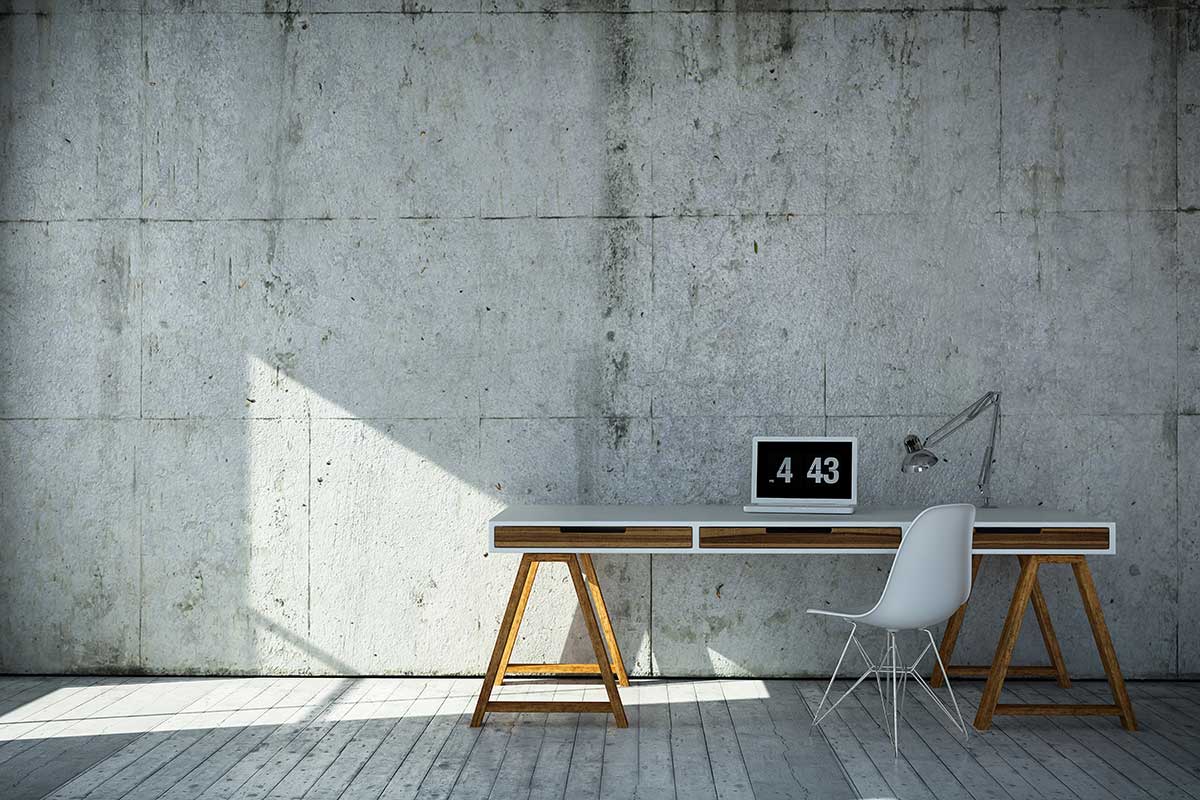Something has happened in our modern culture where people are shifting from “having it all” to “having enough” to “having only what we need”. This movement is reflected in the concept of minimalism.
Minimalism is about owning less and living intentionally. It is a simple concept, but for many it is a brand new (and potentially overwhelming) idea to grasp and put into practice.
Many of us have been taught to work a lot and try to acquire as much stuff as we can. We are taught to keep moving, keep working, keep gaining more and more and more things that will reflect our achievements and success. Bigger homes, nicer cars, better clothes, fancier shoes, more expensive jewelry. You name it: we are supposed to want it all, and more.

A problem with the more-and-more approach to living is that there is never an end to it. At some point many people find that they have done a lot and acquired so much that they are simply overwhelmed. They have homes that are too big for them filled with more stuff than they would ever use. Sometimes people have basements, or garages, or storage units filled with things they even forgot they had. But they can’t stop acquiring new things. They keep working harder and longer to make more and more money to buy more and more things. It never seems to end.
A good way to interrupt this cycle is to step back and think about what life could be like with less. A lot less. Like only having what we really love and really need – no more.
Even the idea sounds like a relief.
Minimalism is an all-encompassing life philosophy, but in a specific way it addresses how we live and what we own.
There are several positive results from adopting a minimalism mindset. People find life to be much simpler. When living minimally there is less to manage, less to clean, less to organize and generally less to think about. There is a terrific financial benefit when we break the chain of consumption. We don’t buy out of boredom or habit or to fill up our homes and our closets or to impress anyone. We buy things with intention and only when we really decide we want or need it. Buying very little is also kinder to our environment. The less we have the less we will eventually discard. And if we are buying very deliberately, we will consider what we are buying and how it affects the earth. Most minimalists are eco-conscious and will buy low impact material goods when they can.

A minimalist lifestyle reduces stress too. When there is less clutter and less visual noise around, people feel calm and peaceful in their homes. People report being able to sleep better, think clearer and feel less chaos in their lives when the world around them is simple, clean, and clutter-free.
You might be wondering: where would I start? Even the idea is overwhelming!
Our advice would be to ease in slowly. Start with learning about the idea of minimalism and identify a few aspects of the practice resonate with you. From there you can make a plan and take baby steps. Maybe you don’t allow yourself to shop for a week. Maybe you decide to reduce plastic or single-use items. Maybe you decide to clean out an area of your house every week, perhaps a room, or a closet, or a drawer. You can decide to keep what you absolutely love and use and identify what you can donate or sell and work hard not to buy more to replace it all.
Whatever approach you decide to take, you can feel good that you are taking a step in the right direction to ease your material burden in order to live more simply.
If this sounds interesting to you, we invite you to explore the concept of minimalism on our site and see how you could start to adopt some of the practices into your life. There are books and articles and experts you can learn from or hire to help you.


